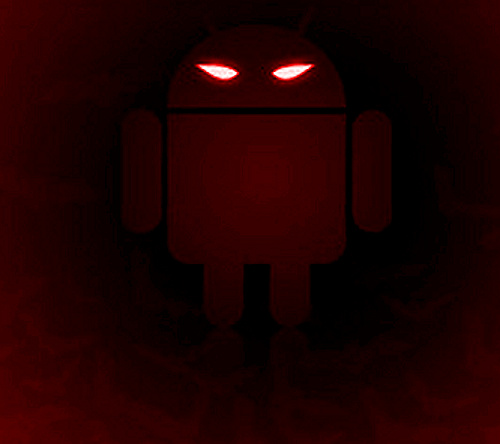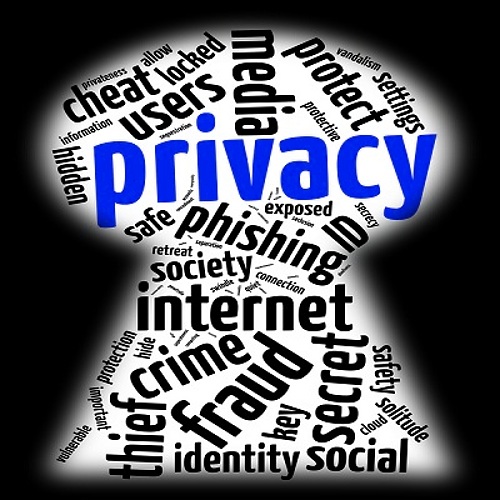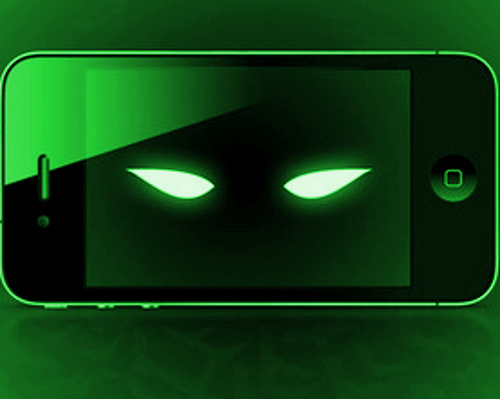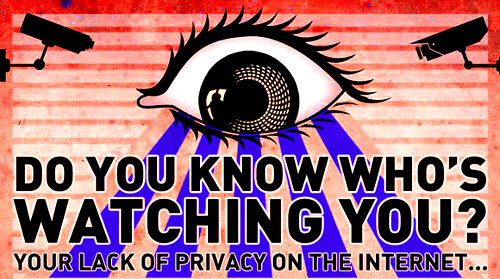Want to Lose All Privacy and Personal Security? There’s Apps For That
NEWS JUNKIE POST
Apr 27, 2012 at 8:27 amBy Ron Steinman
For some time I have been thinking about apps and what they do for us and to us. Apps may be great, but they are also a huge problem. To back me up, comes a story called “Selling You on Facebook” in The Wall Street Journal, yes, the Wall Street Journal, the one newspaper that I am sure is an object of loathing to anyone who regularly peruses this site for a left wing and progressive take on the world.
Non-political, the article’s premise is simple, one that I have been writing about recently. It says, “Many popular Facebook apps are obtaining sensitive information about users — and users’ friends – so don’t be surprised if details about your religious, political and even sexual preferences start popping up in unexpected places.” What the authors write is not a plot against freedom or social networks. They speak the truth. More importantly, the premise of the article extends to other apps as well and that is where the trouble begins.
We have a new player in the world of previously hidden information. The app. Apps are about giving – information of every kind, directions, instructions, name your poison. With all that and more, apps are fast becoming the single most important means of data collecting that people who do not believe in privacy, nor allow themselves to think that privacy is important, engage in at almost light speed. These amiable creatures called apps are taking over our lives.
In the recent not too distant past, advertisers used human focus groups to judge and help define new products and services. There were no algorithms to get in the way of the human equation. Mostly, these real people did a pretty good job. Hollywood movies and TV shows still use focus groups often to the dismay of the producers who believe their instincts work better in the art of storytelling.
If we do not know we should, that cookies on the Web provide anyone who gains access to them information about every move one makes as he or she surfs the Internet, often innocently and sometimes for other reasons. As I write, apps are taking over for cookies by further devouring our online lives. Apps in a very short time have replaced cookies as the most important sales tool merchants of every type depend on.
At the rate we are going, apps will take over for both cookies and focus groups, dominating every choice we make. Our lives with all the different cyber platforms – meaning every mobile device including smart phones and tablets and every social network imaginable — control who we are and what we do and how we do everything beneath each clever, smooth, come-on interface. This will surely continue into the future. Face it, our online lives, however we perceive them, because of apps are now more than ever open for prying eyes to use the information they collect to sell us what we might not want and control us in ways that we never anticipated.
Yes, I know, apps have become very important in our lives and in how we live. They help when you are lost. They guide you to a good restaurant. They locate the nearest hospital. They find the closest gas station. They keep track of where your neighbors are, if you are so inclined to know where they are at all times. They can improve one’s life. They really do everything and more for a person in a complicated world that is more difficult to navigate every day. But addiction rules. As all addicts know, kicking a habit is nearly impossible.
I am willing to bet someone is working on an app as I write to cover the most unusual aspects of our lives. There are apps for everything and just about everything has an app. Pacman, once thought dead, is flourishing. This means that soon there will be an app for even more than we have apps for now. It does not mean apps are benign. If we succumb to these new apps, what little privacy we have will be lost forever. Privacy used to be, well, private. I care about privacy but many other people seem to revel in public exposure.
There are now probably more than a million apps available for the choosing. The making of an app has become a major tech industry. And if an app catches on, riches follow. One common theme impossible to ignore when exploring the effect of social media on how people live is the belief that social networks are about sharing. Sometimes people on social networks give away too much. That is because much of what is on all social networks is sophomoric. It is dorm room cool, which means that it is silly and self–gratifying. It depends on how needy one is.
You may wonder if anyone cares what you post, and because you may think no one does care, what you place for all to see has little interest beyond the words or photos on your page. This is all the better for the collectors of your data who mostly believe what they receive is too little. The maw they must fill is infinite. The craving for more data increases by the millisecond. It is voracious. Ignoring the need for privacy is now beyond help. It is a dead concept.
Using an app relieves a person from making direct eye-to-eye contact with another person. Technology today replaces the social experience of dealing with your fellow man and woman as if they were live and not microdots on a small screen. Using apps for everything obviates the need for real people in one’s life. Sorry, but Angry Birds are not real.
However, as long as I have free will, I am safe from this new invasion of my prime space. My hermit-like desire may be my last refuge, my final bastion of freedom. I have no apps.
Editor’s Note: Ron Steinman is executive editor and a columnist for online magazines, The Digital Journalist and The Digital Filmmaker. An award-winning producer for NBC News and NBC’s Today Show, he served as bureau chief in Saigon during the Vietnam War, and later as bureau chief in Hong Kong and London. At ABC News Productions, he produced documentaries for A&E, TLC, The History Channel, and Discovery. He is currently an independent documentary producer, director and writer through his company, Douglas/Steinman Productions. He is the author of seven books, including “Inside Television’s First War: A Saigon Journal,” that details how NBC News covered the war in Vietnam.
Related Articles
- March 12, 2012 SOPA: A Pox on Both Houses
- June 12, 2012 Wake Up People: Your Life is an Open Book
- May 2, 2011 Privacy, Freedom, and the All Seeing Eye: The Panopticon
- February 7, 2012 Facebook IPO: An Open Letter to Mark Zuckerberg
- January 26, 2012 SOPA: Piracy or Freedom
- January 13, 2013 Tribute to Aaron Swartz: Information Guerrilla Warrior

















You must be logged in to post a comment Login